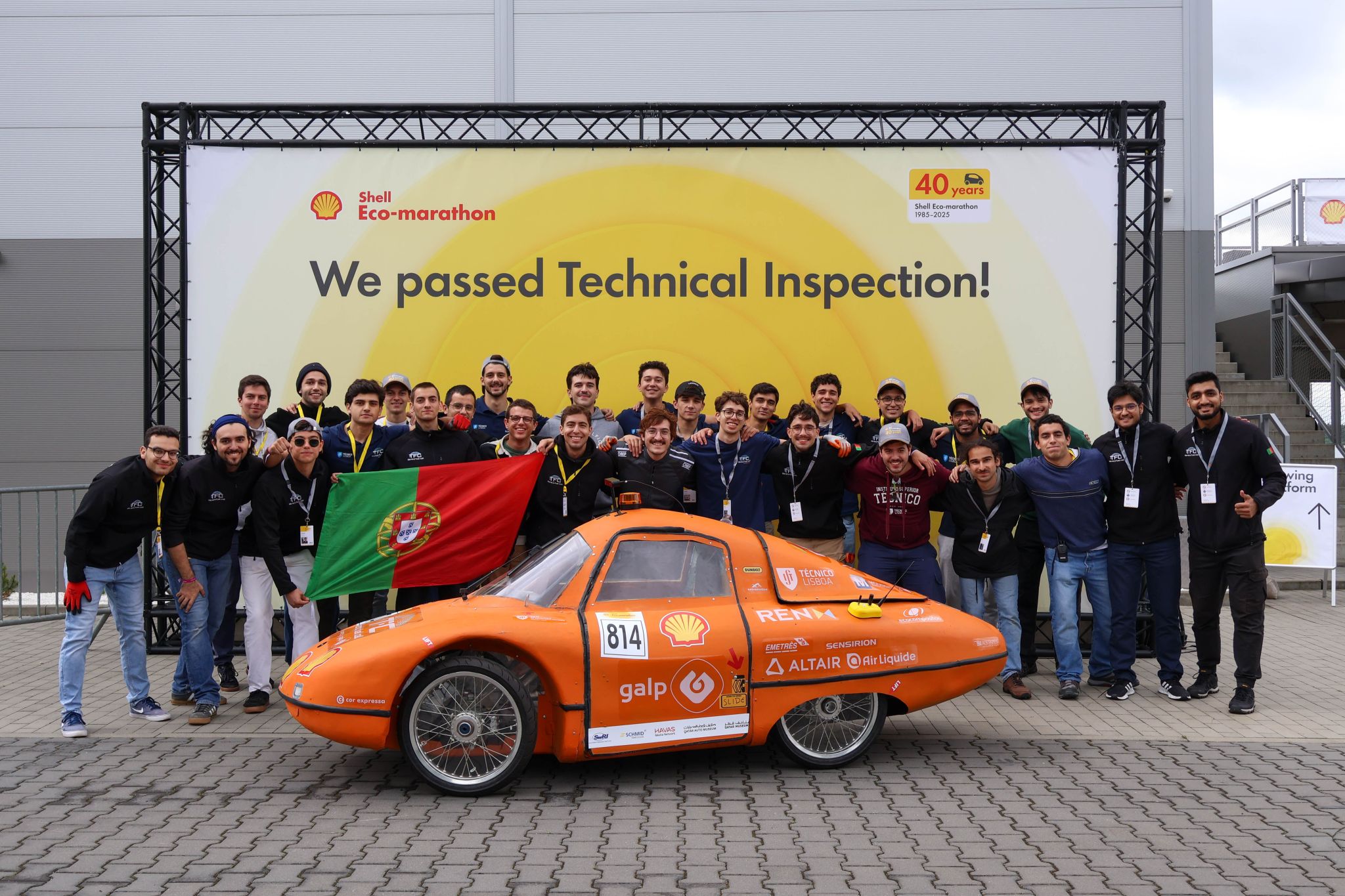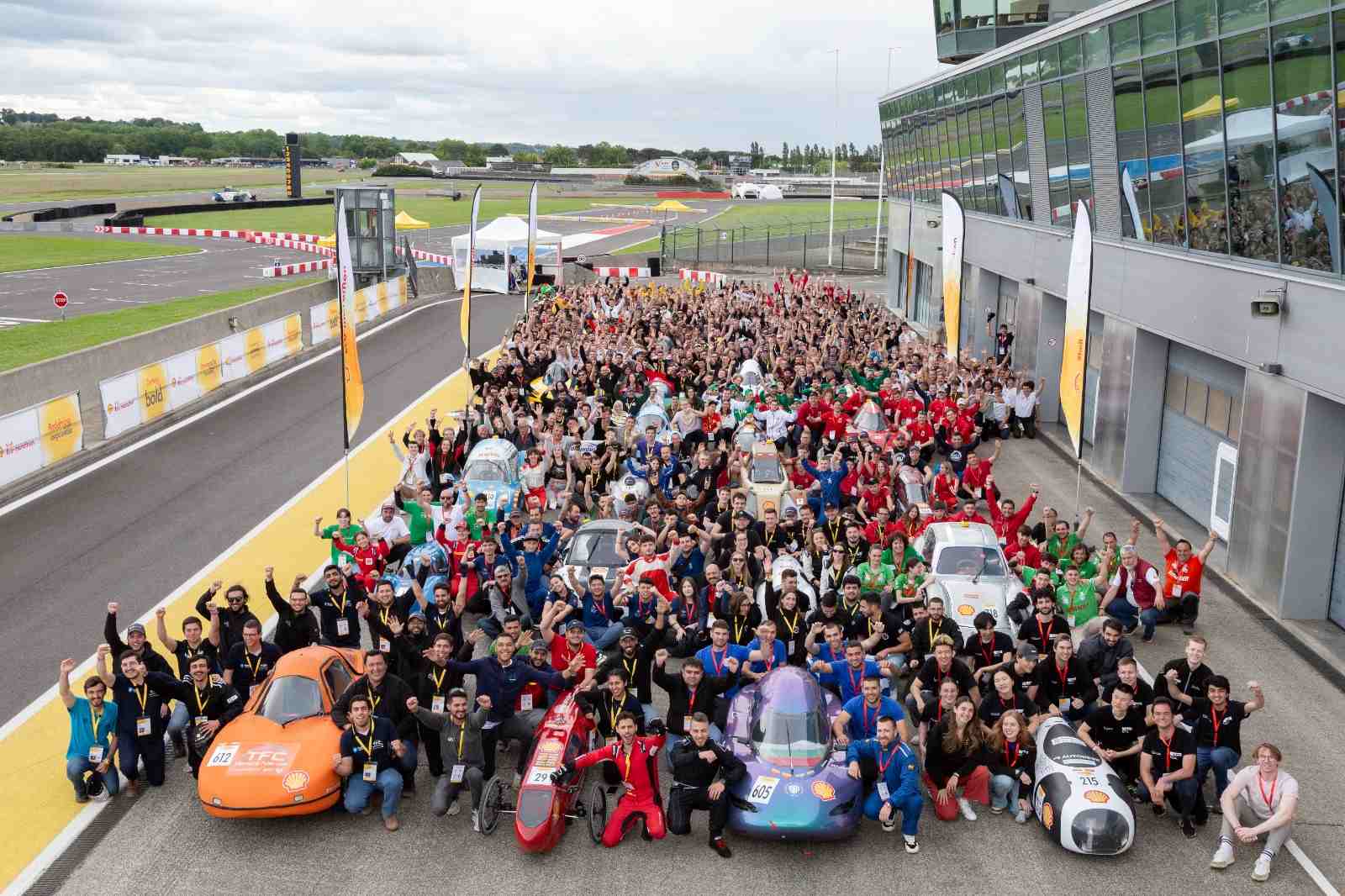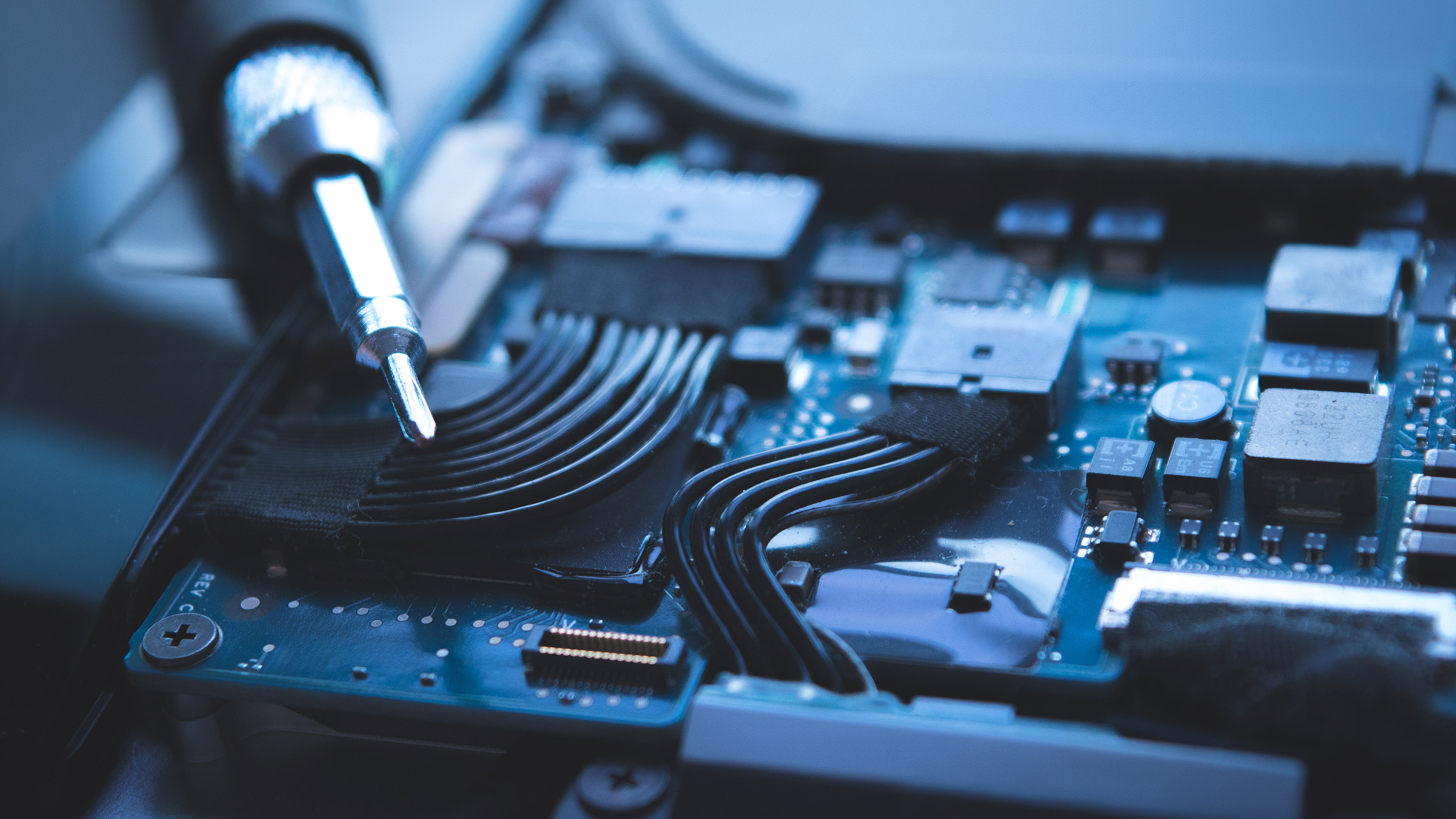TFC: The student team that built the first hydrogen-powered car in Portugal

The Técnico Fuel Cell, also known as TFC, is a student group at Técnico focused on developing hydrogen-powered vehicles. With a goal of building a prototype urban car, the students apply various areas of engineering—particularly Electrical and Computer Engineering—while prioritizing sustainability and innovation. In an interview with the DEEC, Gonçalo Lázaro, a Master’s student in Electrical and Computer Engineering and leader of the electrical systems department, shared more about the project.
The main goal of TFC is to develop hydrogen-powered cars that are innovative and energy-efficient. Alongside this mission, we face the annual challenge of participating in the Shell Eco-Marathon, an internationally renowned competition focused on efficiency.
Gonçalo Lázaro, Electrical and Computer Engineering student and leader of the TFC electrical systems department
Founded in 2019, TFC began its journey during the COVID-19 pandemic. Since then, it has built two vehicles: the TFC01, capable of reaching speeds up to 50 km/h, which competed in the "Urban Concept" category at the Shell Eco-Marathon in 2023, 2024, and 2025. This international competition takes place annually at the Circuit Paul Armagnac in Nogaro, France, encouraging students to design vehicles that travel the furthest using the least fuel possible. Gonçalo emphasizes that the competition exposes students to solving real-world problems, in an environment unlike the classroom: “we have to adapt quickly,” he explains, adding that the event also fosters collaboration between teams.
This year, the team also competed in the electric and autonomous driving categories.

Viewing the group as a challenge with ambitious goals, and being a relatively recent initiative, Gonçalo joined the team for the opportunity to be on the “front lines,” helping to develop and test the vehicle's various systems—an experience that complements the engineering knowledge gained during the course.
Electrical and Computer Engineering is inevitably a daily part of TFC. We work across many areas, including power systems, control, telecommunications, computing, and electronics.
Gonçalo Lázaro, Electrical and Computer Engineering student and leader of the TFC electrical systems department
Currently, TFC is organized into eight departments, three of which are directly connected to Electrical and Computer Engineering: autonomous systems department – focused on enabling the car’s autonomous driving using artificial intelligence to handle braking when detecting obstacles or signs; hydrogen department – responsible for collecting telemetry data such as voltage, current, and temperature to optimize hydrogen usage; electrical systems department – subdivided into three work areas: "propulsion, which involves developing the entire drive system, including energy management and control; peripheral systems, which includes the design of all auxiliary circuits for an urban vehicle (headlights, turn signals, windshield wipers, horn, dashboard display, etc.); and telemetry, which handles the acquisition and processing of data from various car systems, as well as their transmission for remote real-time monitoring", explains Gonçalo.
In addition, there are cross-disciplinary skills across all these areas, such as circuit simulation, printed circuit board design, soldering, and microcontroller programming, which naturally strengthen our Electrical Engineering knowledge.
Gonçalo Lázaro, Electrical and Computer Engineering student and leader of the TFC electrical systems department
With the constant goal of advancing automotive technology, Técnico Fuel Cell is aiming to develop its first fully electric hydrogen-powered vehicle with autonomous driving capabilities in the near future.
